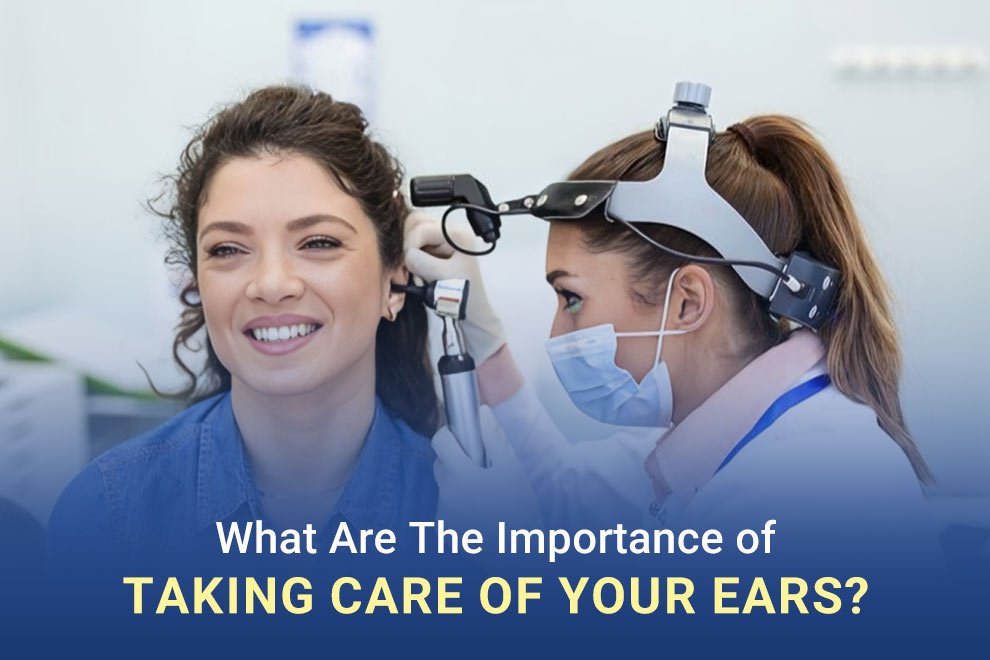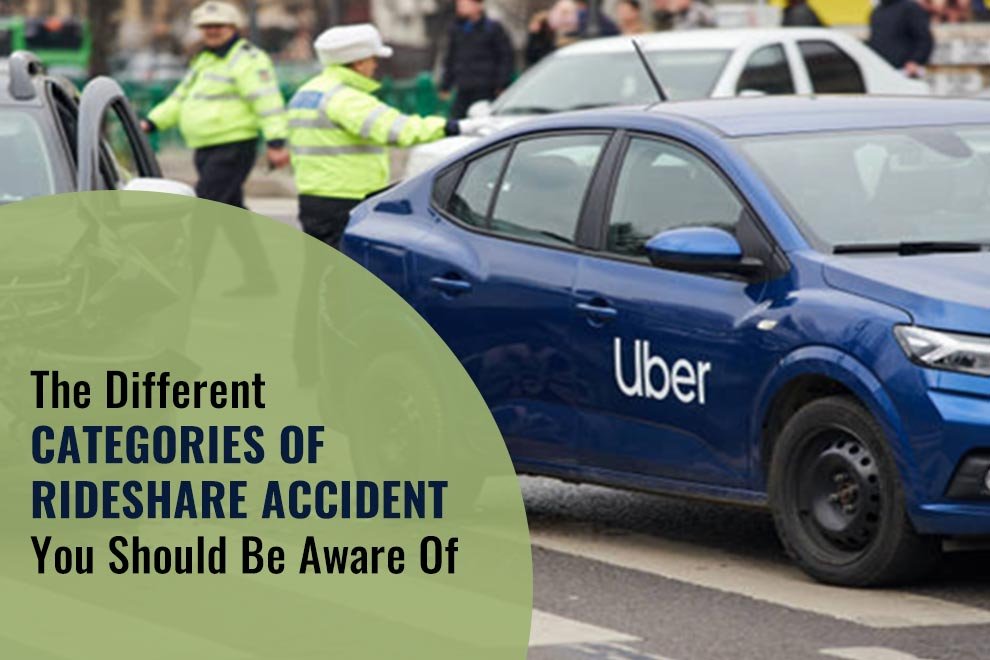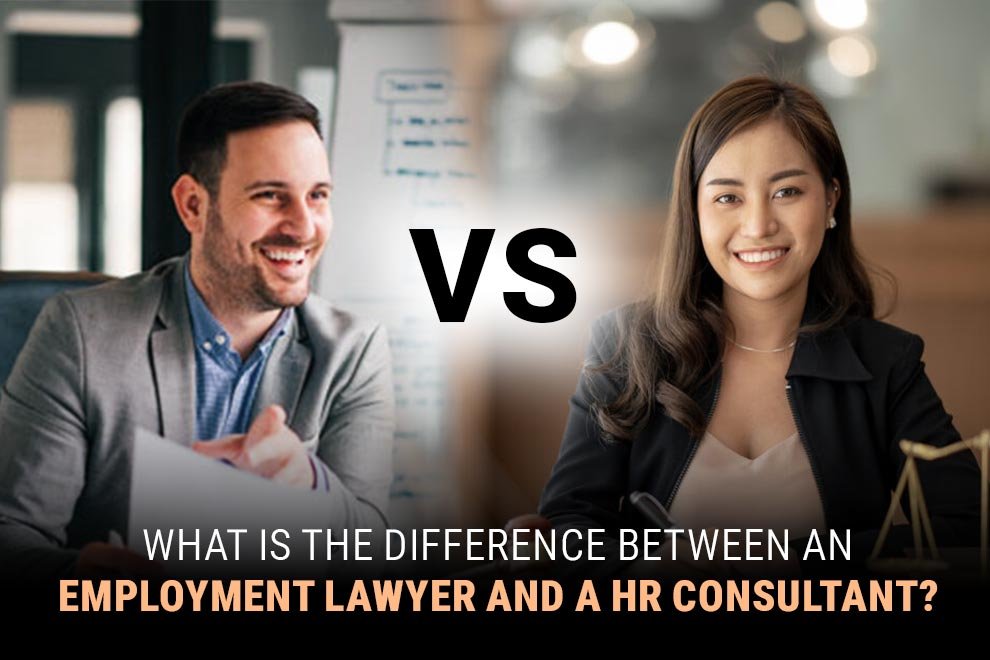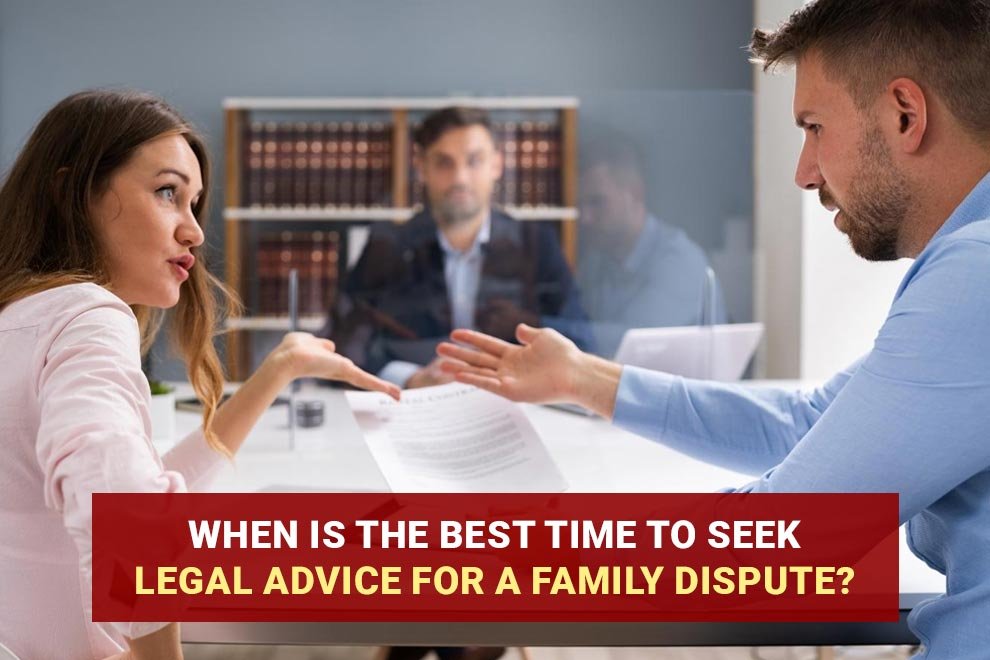Most of us barely think about our hearing. It’s just there, doing its job in the background. Until one day, you’re nudging the TV volume up again or missing half a conversation in a noisy café. Then it hits you. Something’s off.
Hearing loss doesn’t usually happen all at once. It’s slow and quiet. It’s even sneaky at times. You may not realize it’s a problem until it affects your life.
It’s Not Just About What You Hear
Hearing isn’t just about sound. It’s how you notice someone calling your name. How you follow the beat of your favourite song. It’s about knowing a car is coming when you step off the curb. It connects you to people, moments, and daily routines in ways you often take for granted.
And when it fades? You don’t just lose the sound. You lose parts of your world.
So, What Causes It?
It’s easy to assume hearing loss is an “older people” thing. But honestly, that’s only part of the story. Yes, age matters. But so does the noise from last weekend’s concert or the lawnmower you used without earplugs. Even your earbuds, cranked up during a workout, can leave a mark over time.
Health plays a role, too. Some medical conditions, like diabetes or common infections, can affect your hearing. And there are medications out there that list it as a side effect. Plus, if hearing issues run in your family, you already have one foot in the door.
What Happens If You Don’t Deal With It?
You start filling in the blanks. Straining to catch what someone said. Laughing along, even when you didn’t get the joke, to keep up. It’s tiring; worse, you might not even realize how much effort you put in.
Eventually, you might begin pulling back. Social events feel like work. Conversations feel like puzzles. Slowly, isolation creeps in, and that’s where things get tricky. Mental fatigue, stress, and even memory issues can follow.
It’s not always dramatic. It’s subtle. But it adds up.
What Can You Actually Do?
You don’t need a complete lifestyle overhaul. A few adjustments go a long way.
Start with the volume. If your headphones are blasting loud enough for someone else to hear, it’s too loud. Simple as that.
Get proper protection if you work around noise, whether it’s power tools or live shows. Foam earplugs are cheap and effective.
Also, avoid the temptation to stick anything into your ears, especially cotton buds. They often do more harm than good. After swimming or showering, dry your ears gently. That’s usually enough to keep things clear.
And the biggest one is getting your hearing checked. Every few years. Just like your teeth or your eyes. You shouldn’t wait for a big problem before taking it seriously.
Live Around Toronto? You’re in Luck
If you’re in the GTA and wondering if your hearing isn’t what it used to be. You might want to explore Toronto hearing aids and services through Bloor Hearing. They’re not the type to push hearing aids on you.
It’s more about understanding where you stand and exploring your options. Their team is experienced, and their tools are modern, subtle, and surprisingly comfortable.
You don’t have to make a considerable commitment. You’re just getting answers, and that’s a solid place to start.
Don’t Wait for It to Get Worse
We delay things we can live with. But when it comes to hearing, waiting usually makes it more complicated, not just to hear, but to feel connected.
Take five minutes. Book a hearing check. Even if everything’s fine, at least you’ll know. And if it turns out you are missing a few things? There’s help. Quiet, discreet, and made for real life.
Also Read: Environmental Monitoring: The Eyes and Ears of a Sustainable Future










